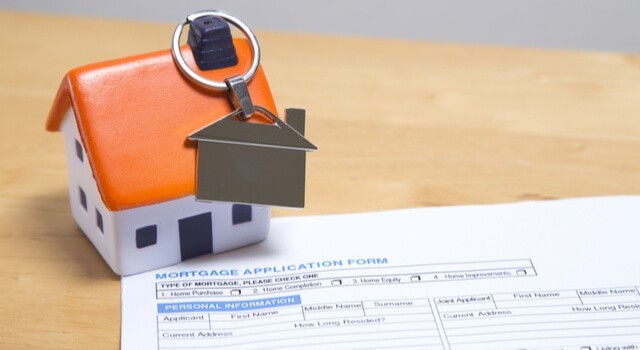Attach a ‘notice of correction’ to your report – If there are legitimate reasons behind a period of bad credit, such as unemployment or ill health for example, you can attach a note to your report explaining this. This can be particularly effective if the period of bad credit was several years ago and you can show that these problems are now behind you and you are now using credit in a more controlled way.
Check you are on the electoral roll – This helps bank verify your identity and helps weed out fraudulent applications. This is one of the easiest ways of boosting your credit score.
Limit credit searches – Every time a credit search is carried out this leaves a footprint on your credit report which can be seen by other lenders. A large amount of these footprints over a short period of time rings alarm bells for lenders, as it can appear that you are desperate for credit. If you find yourself being rejected for credit, it is better to ask the lender why you were rejected rather than immediately applying somewhere else thereby having another footprint added to your file.
Sever old financial connections –If you had any joint financial products with ex partners or ex housemates, you may find that you are still connected to that person on your credit report. If your finances are no longer linked, you can get this removed by writing to the credit reference agency. This is particularly important if they have bad credit, as this is likely to be detrimental to your rating.
Show stability – Lenders like to see stability in their prospective customers. Staying at one address for a significant period of time rather than moving around, remaining with the same bank and even keeping the same job for a length of time also helps. If you can provide a landline number as opposed to a mobile on any applications, this is also looked upon favourably.





